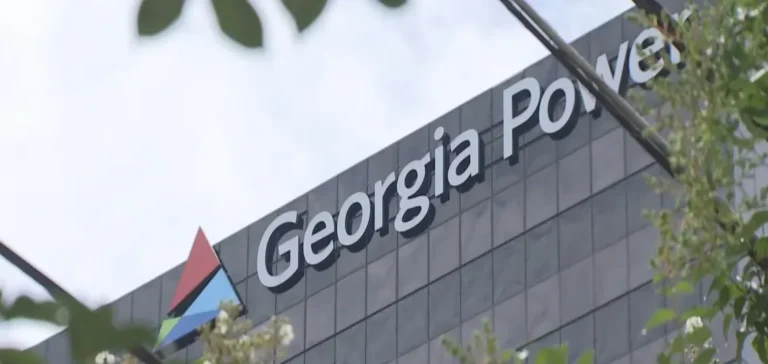The Georgia Public Service Commission (PSC) has granted final approval to Georgia Power’s 2025 Integrated Resource Plan (IRP), formalising an ambitious strategy to support the State’s economic expansion and the rapid rise in energy needs. The plan confirms investments designed to reinforce generation, transmission and grid resilience, while maintaining accessible pricing for customers.
Unprecedented demand forecasts
Georgia Power estimates that electricity demand will reach an additional peak of 2,600 megawatts (MW) by the end of 2030, representing a total growth of 8,500 MW over six years. This growth trajectory far exceeds earlier projections set in the 2023 IRP update. To track market evolution, the company commits to quarterly economic reports on major industrial projects and regular updates of load forecasts.
Strengthening generation capacity
The approved plan includes the modernisation and extension of nuclear units at the Vogtle plant, which will add 54 MW of emission-free capacity, alongside the planning of further uprates for Hatch. On the thermal side, additional gas turbines at Plant McIntosh will add 268 MW to the current fleet, while some coal and gas units will remain in operation until at least 2034. Georgia Power has also received approval to trial gas-coal co-firing at Bowen and Scherer, which have a combined output of 4,000 MW, while continuing environmental upgrades on these sites.
Focus on storage and renewables
The 2025 IRP continues the modernisation of the hydroelectric fleet, with investments to extend the operational life of the Tallulah, Yonah, Bartlett’s Ferry and North Highlands sites by at least forty years. Georgia Power also plans to increase its renewable capacity by an additional 4,000 MW by 2035 through competitive tenders. The company is targeting a total renewable resource portfolio of 11,000 MW by 2035, including the development of new battery storage projects with a combined capacity above 1,500 MW.
Grid strengthening and new services
The approved transmission plan covers a ten-year programme, including more than 1,000 miles of new lines to optimise the grid’s resilience and absorption capacity. Regular review processes with the PSC are scheduled to ensure alignment of investments with evolving needs and the integration of technological innovation, notably to facilitate the management of flows from solar and storage resources.
In addition, Georgia Power will expand its service offers to address the rising demand for flexibility, efficiency, and electric mobility solutions. The “Vehicle to Everything” programme will explore the use of school bus batteries as a network support solution, while new digital tools will be proposed to residential customers to optimise their consumption.
Kim Greene, Chairman, President and CEO of Georgia Power, said: “The approval of this comprehensive plan ensures we have the resources needed to reliably and economically meet future demand.”






















